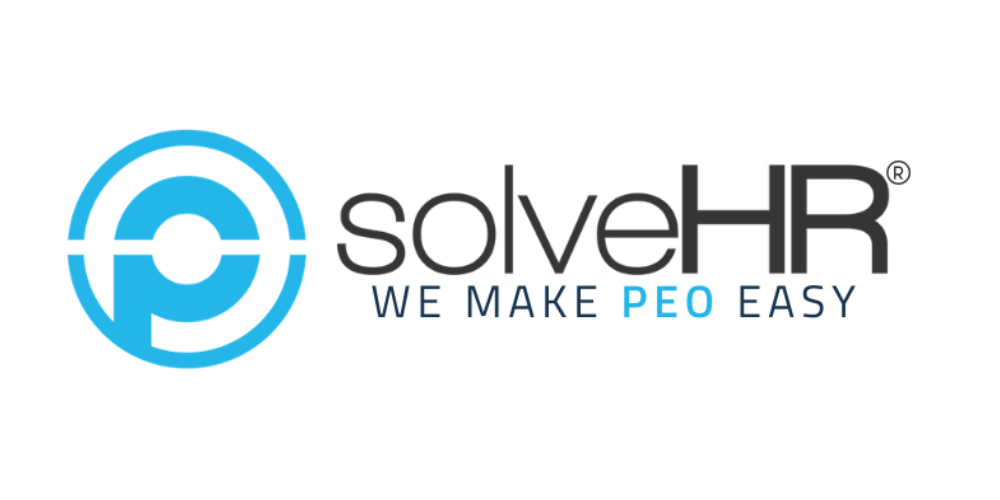- 07/13/2021
- Posted by: Matt Muriel
- Category: Uncategorized

As healthcare costs continue to rise in the United States, tax-advantaged health plans can be a cost-effective way for your business to offer competitive benefits to your employees. By incorporating a variety of health plan options, paired with traditional health benefit offerings, your business can position itself to better attract and keep great talent.
Two of the most popular tax-advantaged health plans are the Health Savings Accounts (HSAs) and Flexible Spending Accounts (FSAs), and while at, first it can seem that there is a lot of overlap between the two plans, each one can be a great option to offer your employees.
Not sure which one is the best for your business? We’re here this week to help you understand the difference between the two tax-advantaged health plans and choosing which is best for your business.
Health Savings Account
An HSA is usually offered in conjunction with a high-deductible health plan (HDHP). You, as the employer, deposit all or a portion of the deductible for the HDHP into an HSA to cover costs until the deductible is met and the health insurance policy takes over the financial burden.
When an employee sets up an account, they can contribute additional money to the HSA via a payroll deduction from gross income. The money contributed to an HSA is made with pretax dollars, which reduces the amount of income that your employees need to declare on their taxes. Interest or earnings made with the HSA account.
Flexible Spending Account
A flexible spending account is similar to a HAS, but there are a few key differences. Like the HSA, your employees can contribute to an FSA using their gross pay, making the contributions tax-free. As long as your employees use the funds to pay for qualified medical expenses, they won’t need to owe taxes on any withdrawals.
One of the biggest benefits of an FSA is that your employees can set the account as a Dependent Care FSA (DCFSA) to allow withdrawals for childcare expenses.
Biggest Differences Between the Two
While both the HSA and FSA may seem similar on paper, being both tax-advantaged health plans, some key differences should be taken into consideration before choosing one or the other for your business.
Contribution Limits
The amount that an employee or other person can contribute to an HSA depends on the type of HDHP coverage, the employee’s age, and the date they become eligible, with different limits set by the IRS. For example, in 2020 employees with coverage for themselves only can contribute up to $3,550, but those with a family HDHP coverage can contribute up to $7,100 a year.
FSAs though are capped at $2,750 a year, and unlike HSAs, employer contributions generally don’t count towards this limit.
Account Balances
One of the bigger differences between the two plans is how the remaining balances are treated at the end of the year. With an HSA, the amounts that your employee has leftover at year’s end are carried over to the next year.
FSAs on the other hand, are known as “use-it-or-lose-it” plans. That means funds that aren’t spent by the end of the plan year are generally forfeited and can’t be rolled over, making your employees need to think about how much they expect to spend on healthcare.
Account Portability
HSAs are considered to be more “portable,” because they are employee-owned savings account. All funds, including those contributed to by you as the employer, stay with your employees even if they change employers or leave the workforce.
FSAs are owned by the employers, and when an employee no longer works for you they’ll lose any unspent funds when they leave.
Account Qualification
One of the most important things to note is that for your employees to be eligible to qualify for an HSA they must be covered under a qualifying high deductible health plan, so you’ll have to sponsor one of these plans. An employee also can’t have other health coverage such as a spouse’s plan, Medicare, TRICARE.
FSAs are offered in conjunction with your other employee-provided benefits, meaning that your employees can’t get one on their own. Most employees are eligible to take part in an FSA, and unlike with an HSA, it doesn’t matter what type of health insurance plan they have.
Which is Best for your Business?
Choosing which is right for your business largely depends on what you think is best for your employees and what health plans you are currently offering them. Making a decision on what to offer your employees should be based on your own business’s circumstances. Hopefully, with the information we provided, you can be confident in making the right choice for your business!
Are you struggling with managing your human resource needs? SolveHR offers several transactional and strategic HR services to help your business. Contact us today to find the right solution for you, so you can focus on what matters—growing your business!

